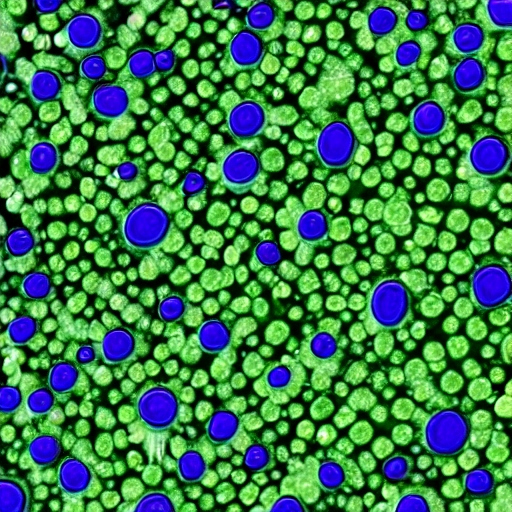Bacteria Factories

A new study conducted at the Wyss institute at Harvard has discovered a way to design bacteria cells to produce specific types and amounts of chemicals by modifying a bacteria’s genome. This study builds on other advances, such as a study that manipulated a bacteria’s genome to produce chemicals like propane, altering the bacteria’s metabolic processes.
George Church and his team of researchers developed techniques that can increase the output of chemicals produced by modified bacteria 30-fold, while increasing the speed of production 1000-fold. The team enhanced the ability of bacteria to produce chemicals by tricking them into self-eliminating cells with low yields. This technique removes the need for monitoring the bacteria, which greatly reduces the production time-scale.
. “We make the bacteria addicted to the chemicals we want them to produce” -Jameson Rogers, lead co-author of the study.
The study tricked the bacteria into self-eliminating by treating them with antibiotics. The team altered the bacterial DNA so that antibiotic-resistant genes are activated only in the presence of a desired chemical output. Only bacteria that produce enough of the desired chemical will survive, and cells with low output are more susceptible to being killed off the by antibiotic. Each subsequent generation of the bacteria becomes more efficient at producing the desired chemical. Church explains the purpose of the mechanism and says,“We’re using evolution to select for the cells that only serve our purpose best, making human monitoring less important to that feedback loop and instead relying on the bacteria to self-monitor their production performance”
Researchers have successfully been able to manipulate bacteria to produce important chemicals for human industry, however, so far in unsubstantial amounts. This promising development will enable us to be more sustainable and make past advances more feasible.